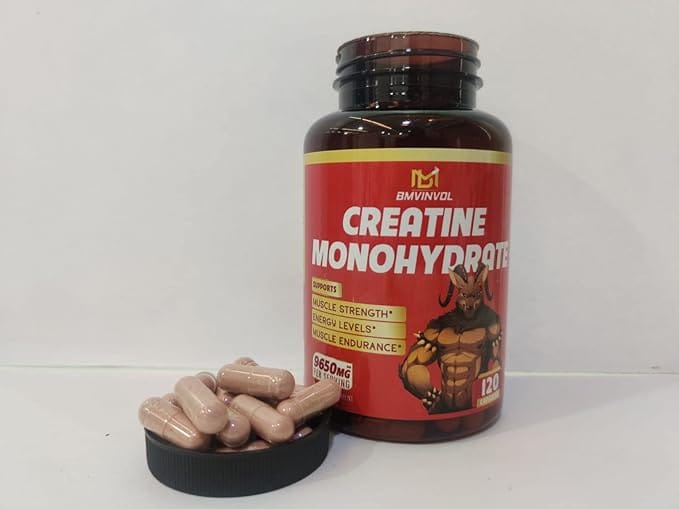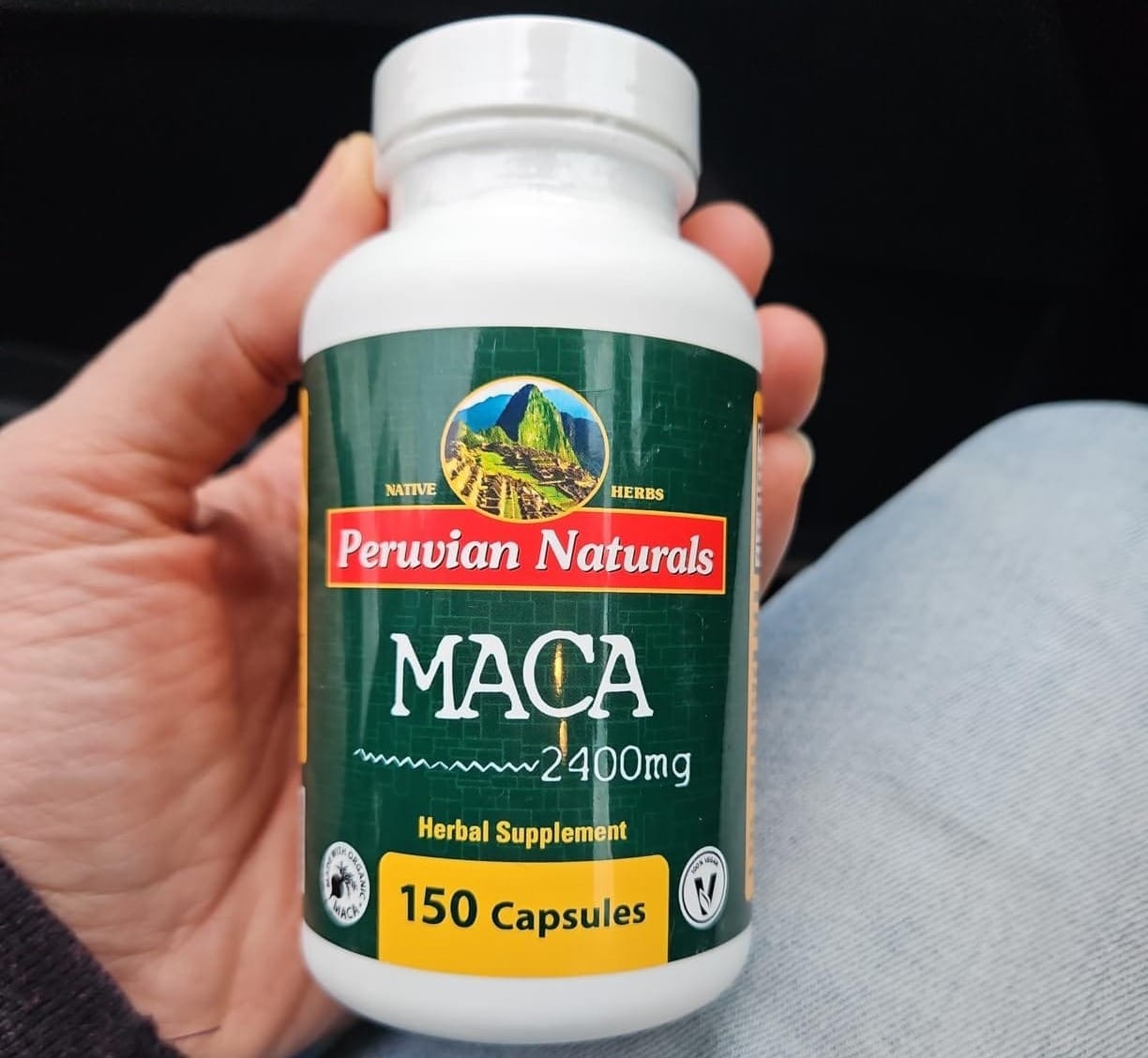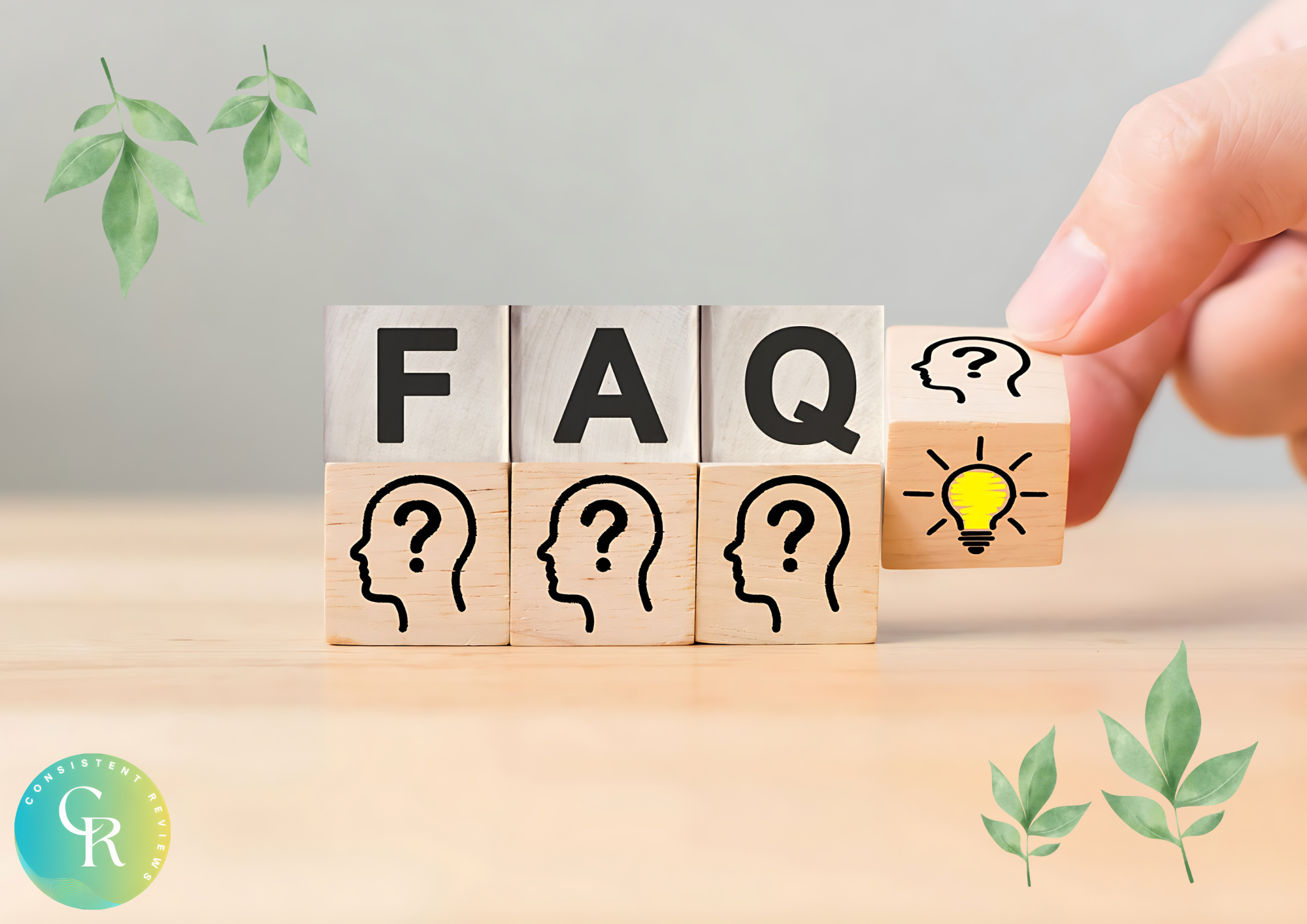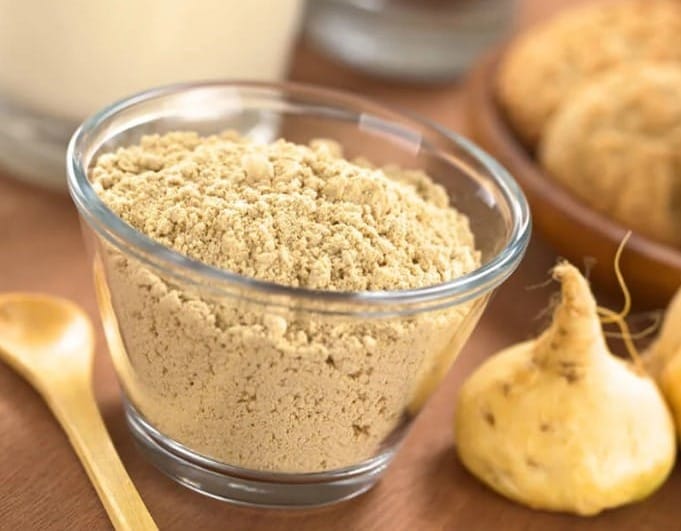Key Takeaways:
- Optimal Timing: Discover the best times to consume maca root to enhance its effectiveness for various health benefits.
- Form Matters: Understand how different forms of maca (powder, capsules, extract) might influence the best time for consumption.
- Health Benefits: Learn about the diverse benefits of maca root, from boosting energy levels to improving sexual health.
Maca root, often referred to as Peruvian ginseng, is a renowned natural remedy hailed for its substantial health benefits. Originating from the Peruvian highlands, this South American herb has been traditionally used to enhance fertility and sexual health among other benefits. As maca's popularity grows globally, understanding the best time to take maca root can help maximize its efficacy.
What is Maca Root?
Maca root comes from the maca plant, Lepidium meyenii, a cruciferous vegetable native to the Andes Mountains in Peru. Consumed by the indigenous people of the region for centuries, maca root is believed to provide an energy boost, enhance fertility, and improve mood. The root is typically dried and consumed in powder form, but it is also available in capsules and as an extract.
Forms of Maca: Powder, Capsules, and Extract



Maca is available in several forms, each offering unique advantages. Maca powder can be easily added to various recipes, smoothies, and other foods, making it a versatile option. Maca capsules provide a convenient, no-prep alternative for those with a busy lifestyle. Lastly, maca extract, often in liquid form, is a concentrated version, allowing for easier dosage control and quick absorption.
Best Time to Take Maca Root for Energy Boost
Many users report an increase in energy levels when taking maca root. To capitalize on this benefit, consider incorporating maca into your morning routine. Adding maca powder to a breakfast smoothie or taking a capsule form before you start your day can help ensure sustained energy levels. Avoid consuming maca late in the day as its energizing effects might interfere with sleep patterns.
Maca for Sexual Health
Maca root is often celebrated for its ability to enhance sexual desire and function. For those looking to improve their sexual health, taking maca root approximately one to three hours before anticipated sexual activity may provide a noticeable benefit. Studies, including placebo-controlled clinical trials, have shown that maca can be effective in improving sexual function in both men and women, making it a valuable component of one’s sexual health regimen.
Maca Root and Its Impact on Male Fertility
Maca root, particularly the black maca variety, has been studied for its potential benefits in improving male fertility. A placebo-controlled clinical trial focusing on adult healthy men revealed that maca supplements might improve seminal quality and sperm count. This research suggests that maca root powder could be a valuable supplement for those struggling with fertility issues. The amino acids and beneficial compounds in maca are thought to nourish and enhance the reproductive system, making it a popular choice among those seeking alternative medicine solutions.
Further studies have shown that taking maca supplements regularly can lead to improved semen parameters. This is particularly significant in the context of increasing global concerns about male fertility rates. The systematic review of these studies highlights maca's potential in not only boosting sperm production but also enhancing libido and sex drive. For men looking at natural ways to enhance fertility, incorporating maca root into their diet could be a promising option. The key is to ensure the maca is sourced responsibly and consumed at the optimal amount to maximize its efficacy.
Maca Root and Antidepressant Induced Sexual Dysfunction
Maca root, often hailed as one of the potent South American herbs, has shown promising results in addressing antidepressant-induced sexual dysfunction. A placebo-controlled clinical trial highlighted the beneficial effects of maca roots in mitigating sexual dysfunction symptoms commonly associated with the use of antidepressants. Participants reported improvements in desire and sexual function, suggesting that maca could serve as a natural alternative to traditional pharmacological interventions, which often carry more severe side effects.
Furthermore, the adaptogenic properties of maca help in balancing hormones and reducing psychological symptoms, which are often exacerbated by antidepressant medications. By supporting the body's response to stress and enhancing mood, maca root can indirectly improve sexual health. This dual action makes maca not only effective but also a holistic approach to managing the complex interplay between antidepressants and sexual health, providing a beacon of hope for many who suffer from this challenging side effect.
Maca Root and Erectile Dysfunction: Insights from Clinical Trials
Maca root has been traditionally touted for its potential benefits in improving sexual health, particularly concerning erectile dysfunction (ED) in adult men. Recent studies, including placebo-controlled clinical trials, have begun to shed light on these claims. For instance, a study published in the journal 'Food Funct' explored the efficacy of maca root in men with mild ED. The results indicated a significant improvement in erectile function compared to the placebo group, suggesting that maca root may offer a natural alternative to conventional ED treatments.
However, it's crucial to approach these findings with a balanced perspective. While the results are promising, the body of research is still growing, and not all studies have shown consistent outcomes. The absent relationship in some trials highlights the need for further research to conclusively determine the effectiveness of maca root in treating ED. Consumers looking to try maca products for this purpose should consult with healthcare providers to consider both the potential benefits and the toxicological aspects.
Maca Root and Placebo-Controlled Clinical Trials
Maca root has been the subject of various placebo-controlled clinical trials, which are essential for validating the efficacy of this traditional Peruvian remedy. These trials help to differentiate the real effects of maca from the placebo effect, where improvements in health could be due to the patient's expectations rather than the treatment itself. For instance, a notable study focused on maca's ability to enhance mood and reduce anxiety, demonstrating significant results compared to the placebo group. This type of research provides a solid foundation for understanding how maca can be effectively integrated into health regimens.
Furthermore, the outcomes from these trials are crucial for healthcare professionals and consumers alike, offering enough evidence to support the use of maca in specific contexts. For example, trials examining maca's impact on sexual health have shown promising results in enhancing libido and reducing sexual dysfunction, which are often highlighted in discussions about natural alternatives to pharmaceutical options. By adhering to rigorous scientific methods, these studies ensure that the health claims associated with maca are both reliable and actionable.
Maca's Influence on Mitochondria Mediated Muscle Damage
Maca root is also being studied for its potential in addressing mitochondria-mediated muscle damage, a common issue for athletes and those engaged in regular physical activity. The mitochondria are the powerhouses of the cell, and their proper function is crucial for muscle recovery and energy production. Research suggests that maca contains certain compounds that may help enhance mitochondrial activity and, consequently, improve muscle recovery times. This is particularly relevant for those looking to optimize their athletic performance without resorting to synthetic supplements.
The anti-fatigue effect of maca is another area of interest, particularly in how it supports the body's response to physical stress. Athletes and active individuals may find that maca supplementation helps reduce the perception of fatigue, possibly due to its effects on mitochondrial health and energy metabolism. As research continues, it becomes increasingly clear that maca could play a significant role in natural sports nutrition, helping individuals recover faster and perform better by harnessing the power of their own cellular machinery.
Maca Root's Role in Muscle Recovery and Mitochondrial Health
The anti-fatigue effect of maca root is another area that has captured the interest of both researchers and athletes. Studies suggest that maca may help reduce mitochondria-mediated muscle damage, which often occurs during intense physical activities. This protective effect can be attributed to maca's rich nutritional profile, which supports the body's response to physical stress and aids in faster recovery. For athletes or individuals engaged in heavy exercise, incorporating maca into their diet could potentially enhance muscle recovery and overall athletic performance.
Moreover, the benefits of maca extend beyond just muscle recovery. Research indicates that maca can also influence mitochondrial health, which plays a crucial role in energy production and overall cellular function. By supporting mitochondrial function, maca may help improve energy levels and stamina, making it a valuable supplement for those facing daily fatigue or under high levels of physical or restraint stress. As with any supplement, it's essential to use maca under the guidance of a healthcare professional, especially when considering its use for specific health conditions like late-onset hypogonadism or other metabolic challenges.
Maca Root in High Altitude Environments: Benefits Beyond the Ordinary
Living or traveling at high altitudes can be challenging due to the thinner air and lower oxygen levels. Here, maca root steps in as a hero among South American herbs, traditionally used by indigenous populations to combat the harsh conditions of life above sea level. Studies suggest that maca's properties may enhance mitochondrial function, thereby improving energy metabolism which is crucial in high-altitude settings. This anti-fatigue effect supports not only physical endurance but also cognitive functions, helping individuals adapt more effectively to altitude challenges.
Moreover, the consumption of raw maca or red maca has been observed to aid in reducing mitochondria-mediated muscle damage, which is common in high-altitude physical exertion. The adaptogenic qualities of maca assist in stabilizing bodily functions and improving recovery rates, making it an essential supplement for athletes or travelers who frequently face high-altitude environments. This natural boost can significantly enhance performance and well-being, underlining Maca's remarkable adaptability and potency.
Maca Root for Athletic Performance and Muscle Recovery
In the realm of sports and fitness, maca root is gaining popularity for its anti-fatigue effects and its role in mitochondria-mediated muscle damage recovery. Athletes and fitness enthusiasts are turning to maca root powder as a supplement to enhance endurance and recover faster from intense workouts. Studies suggest that maca's unique nutritional profile, which includes essential amino acids and minerals, helps to improve stamina and muscle strength, making it a favored supplement among those looking to push their physical limits.
Moreover, the adaptogenic properties of Peruvian maca root help in managing the body's response to stress, including the physical stress imposed by heavy physical exertion. This can lead to better performance and quicker recovery times. The high-altitude conditions in which maca grows are believed to contribute to its robust nutritional profile, which is ideal for supporting energy metabolism and muscle recovery. As more athletes look towards natural supplements to maintain their health and improve their performance, maca root stands out as a potent and safe option.
Maca and Menopausal Symptoms
Postmenopausal women may find maca particularly beneficial for mitigating menopause symptoms, including hot flashes and interrupted sleep. Taking maca during breakfast may help regulate hormones and provide relief throughout the day. Consistency is key, as the effects of maca build up over time.
Timing Maca Intake to Avoid Stomach or Digestive Issues
While maca is generally safe, some people may experience stomach or digestive issues if taken on an empty stomach. To avoid this, consume maca with meals or snacks. This not only helps in reducing potential discomfort but also aids in the absorption of maca’s nutrients when taken with other foods.
Maca for General Health and Wellbeing
Incorporating maca into your daily routine can contribute to overall health improvement. For general health benefits, including enhanced mood and brain health, taking maca with breakfast can help start the day on a positive note. Alternatively, if you’re using maca primarily for its anti-fatigue effects, consider taking it shortly before engaging in physical or mentally demanding activities.
Consultation with Healthcare Providers
Before starting any new supplement regimen, including maca, it is advisable to consult with a healthcare provider. This is particularly important for individuals with existing health conditions or those on medication, as maca can interact with other treatments.


Can maca root be taken at night?
It is generally recommended to avoid taking maca root at night due to its energizing effects, which might disrupt sleep.
How long does it take for maca root to show effects?
The effects of maca root can vary by individual, but many people report noticing benefits within a few days to weeks of consistent use.
Is there anyone who should avoid taking maca root?
Pregnant or breastfeeding women and those with hormone-sensitive conditions should consult their healthcare provider before taking maca root.

Maca root offers a plethora of health benefits, from boosting energy and sexual health to alleviating menopause symptoms. The best time to take maca root largely depends on the specific benefits one aims to achieve. Morning intake is ideal for energy and general health while timing it around meals can help avoid digestive issues. For sexual health improvements, taking maca a few hours before sexual activity is recommended. Always consult with a healthcare provider before beginning any new supplement to ensure safety and efficacy.










